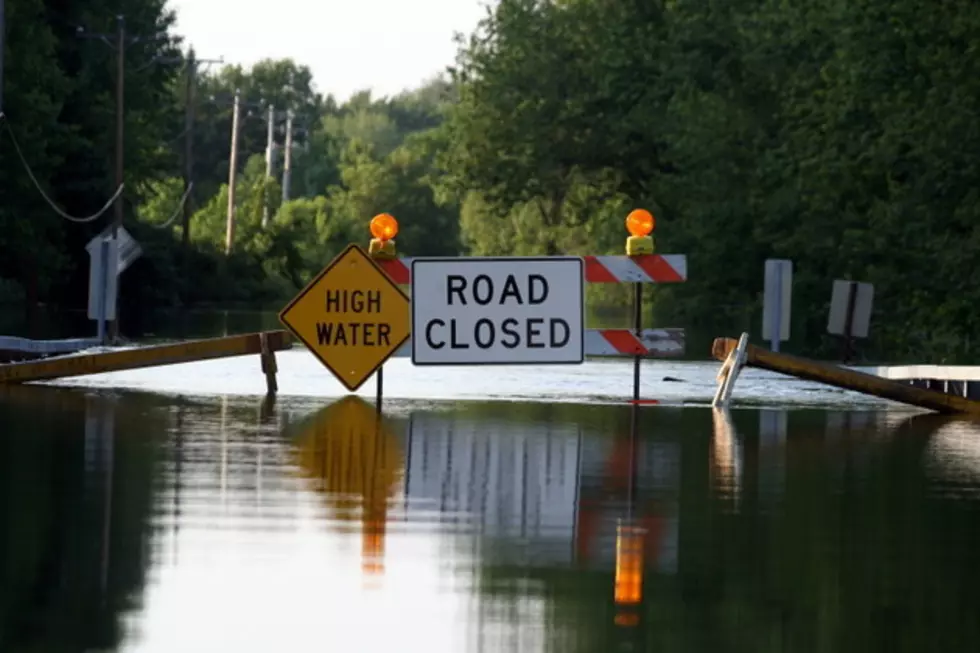
NJ business group trashes Rutgers flood-zone study as alarmist
The New Jersey Business and Industry Association has voiced strong concerns about new land-use standards being developed by the state Department of Environmental Protection.
The group claims the new regulations, based on a Rutgers University report, would result in almost half of the Garden State being declared a flood zone because the report makes questionable projections about a 5-foot rise in sea level by the year 2100.
Ray Cantor, the vice president of government affairs for the NJBIA, said if the proposed new regulations are adopted based on a faulty scientific projection 80 years out, it would make development and re-development difficult if not impossible in many areas, so the Business and Industry Association decided to hire The Climate Forecast Applications Network to review the Rutgers report.
“And what their report said was that Rutgers used data and projections that are not commonly accepted by mainstream climate scientists,” said Cantor.
He said the Rutgers report did not use methodologies accepted and used by the Intergovernmental Panel on Climate Change, which is part of the United Nations, and the Rutgers report “essentially came up with projections that were more than double what mainstream climate scientists project.”
He said NJBIA is calling on the DEP to not use the Rutgers report “for their regulatory proposal, to go back to the drawing board or to at least use much more mainstream climate science in order to make these projections.”
Cantor stressed the NJBIA recognizes climate change is real and that sea levels are rising “but we need to have realistic projections based on our best science and we’re saying that the Rutgers report is not using the latest science, they’re outside the latest science projections.”
A request was made to the DEP for comment, and while they declined to be interviewed for this story, they did email the following response:
The New Jersey DEP’s efforts to protect the state against the climate threats of today and tomorrow will safeguard New Jersey’s people, their property, businesses and the infrastructure upon which our entire economy relies. Major financial firms like BlackRock and Moody’s have already identified climate threats and sea-level rise as clear threats to financial sustainability. Without decisive action, New Jersey, because of its unique vulnerability to adverse climate impacts, would be at a national disadvantage.
Throughout the development of NJPACT, a regulatory modernization effort to reduce and respond to climate change in New Jersey, the DEP has deeply engaged with stakeholders across business, industry, labor, advocacy and academia. In response to concerns raised by NJBIA, NJDEP has explained that the proposals being considered would not create no-build zones in existing and future flood risk areas. Informed by internationally renowned climate scientists and New Jersey specific data, the proposals being considered instill standards for risk evaluation, planning, and flood protection that would help communities become more resilient to threats of sea-level rise and chronic inundation, among other climate risks that represent significant threats to the state’s long-term economic prosperity.
Career scientists at DEP are in the process of analyzing the report commissioned by NJBIA, and DEP is not prepared to comment on its details at this time. With flooding apparent statewide, sea levels continuing to rise, and extreme weather becoming commonplace, NJPACT would ensures the resilience of New Jersey’s communities and economy.
You can contact reporter David Matthau at David.Matthau@townsquaremedia.com
How Many in America: From Guns to Ghost Towns
Famous NJ people from A to Z (almost)
More From New Jersey 101.5 FM









